***Updated July 2023***
After an open and assessed conversation with our members, advisors and other interested parties, the Alliance of Independent Authors has developed some practical and ethical guidelines to AI for authors. Particular thanks to Joanna Penn, ALLi's Enterprise advisor, Laurence O'Bryan of BooksGoSocial, Amit Gupta of Sudowrite and JD Lasica of Authors AI for their contributions.
The job of the independent author is to write great words, publish great books, and bring those books to the readers who will value them most. AI provides tools that are useful in this work but also raises many practical, ethical and creative questions.
In the ALLi glossary, we define artificial intelligence as “technology that replicates human behaviors and abilities conventionally seen as ‘intelligent' and augmented intelligence as “applications or tools that combine human and machine intelligence.” Both are referred to as AI.
When an author thinks about AI, it can evoke excitement about how these powerful new technologies can help us to bring out more books and better books. Or fear that the machines are going to displace writers and other creatives, in a near future where AI gives readers what they need and want without us. Or a mix of both. Or a great big yawn.
Given that AI can already generate or translate the first draft of a book faster than I can write this blog post, should we all pack up our word processors and go home?
Short answer: No.
In framing the questions we want to ask about AI, we need to distinguish between our feelings and opinions about the pros and cons of AI, the ethical issues, and the practical consideration of how AI tools can help us do our work more effectively and efficiently.
AI and Authors: Practical Guidelines
You are likely already using AI in your author-publishing business. For example, Google search or Amazon algorithms. These are examples of what's known as “narrow AI”, offering specific expertise in a particular area. Google's Search AI is better at doing research than you using a library card. Amazon's AI recommendation engine can suggest far more books to readers than the most knowledgeable bookseller. Tools based on narrow AI of interest to authors include: advertising algorithms, reader analysis and engagement, search and sales engines, translation software, and speech-to-text.
More complex activities like writing novels, or AI narration for audiobooks, employ Natural Language Processing (NLP) and Natural Language Generation (NLG), AI that creates words based on training algorithms on big datasets. Such tools are already being used in the generation of journalism on major newspapers, and making inroads in creative works like novels and nonfiction books, screenplays and poetry. See this previous post for more details of how such AI tools are generating poetry, plays, films, and even full novels.
Producing AI-generated text got easier with the arrival of GPT-3 (Generative Pre-trained Transformer, Version 3) in June 2021. In November 2022, OpenAI launched the gamechanging ChatGPT (Generative Pre-trained Transformer), built on top of OpenAI's GPT-3.5 and GPT-4.0.
A Chinese language model 10x bigger than GPT-3 has also launched, as well as an open-source language model, EleutherAi, all of which will accelerate tool development in language processing.
There are a lot of new tools being built on various AI models, with new ones popping up every day. In other words, this is only the beginning.
“The consequences are vertiginous,” says The New Yorker in a recent article, The Computers Are Getting Better at Writing. “Whatever field you are in, if it uses language, it is about to be transformed. The changes that are coming are fundamental to every method of speaking and writing that presently exists.”
On the practical side, ALLi Enterprise and AI Advisor Joanna Penn suggests that the most important questions for a working indie author to ask about AI right now include:
- Which AI tools do I want to implement in my writing and publishing?
- Which of my writing and publishing challenges can be met by AI solutions?
- Where do I draw my personal creative, commercial and ethical boundaries with AI?
We have attempted to explore some answers to these key questions below.
It is early days for this new tech so please keep those questions and answers coming!

Joanna Penn! ALLi AI & Enterprise Advisor
To keep up with this rapidly changing arena, we highly recommend that you follow our Enterprise and AI Advisor, Joanna Penn, who keeps authors up to speed in the AI section of her website and podcast and whose book Artificial Intelligence, Blockchain, and Virtual Worlds is a terrific introduction to the topic for authors.
AI & Authors: Practical Guidelines FAQ
Will AI make writers defunct?
How might an author use writing AI?
We already have so many books and competition in publishing. What about market saturation?
The market is already saturated. There are already far more books available than any reader can read (as well as movies TV shows games and other forms of entertainment). Still we make, and still readers find them. AI tools that Go beyond simple categorisation to evaluate the emotional resonance of a book, and use recommendation algorithms are actually aiding book discoverability

Saturated book market
Readers know how to find what they love to read and love to make choices that support human creators. As AI tools improve, authors have to double down on being human. How? By finding the value in what we offer and then doing that more: more often, more intentionally, more liberally.
The publishing future, like the publishing past, belongs to those who can engage readers and stand out with a unique and identifiable voice—not those pushing a punishing, cookie-cutter, productivity model that cannot outpace the machines, or that passes off machine-generated work as their own (see ethical considerations below).
How can we make the most out of AI as creative business owners?
- Which of my writing and publishing challenges can be met by AI solutions?
- Which AI tools do I want to implement in my writing and publishing?
AI & Authors: Ethical Guidelines
Ethical standards in the creative industries are emerging slowly, as we come to better understand the environmental and societal impact of AI, but it's early days. Such codes as do exist are as yet in development, with little public information available.
Here in the UK, British Standard BS 8611, guidelines prepared by the British Standard Institution “for the identification of potential ethical harm arising from the growing number of robots and autonomous systems being used in everyday life”, defines ethical harm as affecting “psychological, societal and environmental well-being” as well as economic rights.
It also recognises that we must balance physical and emotional hazards against expected benefits. And it highlights the need to involve all the stakeholders, including the general public, in the debate about the development of AI and robotics, as well as any ethical codes arising.
Those creating AI tools and conducting research in the creative industries, and beyond, need to engage the public, consider public concerns, work with experts from other disciplines, correct misinformation, and provide explicit instructions.
Ethical questions are always complex and controversies surrounding some forms of AI look set to storm for some time before they settle.
Societal hazards that have been raised in relation to AI include loss of trust, deception, infringements of privacy and confidentiality, and loss of employment. In publishing, there are particular ethical considerations, including but not limited to:
- fair sharing of benefits;
- assignment of responsibilities;
- exploitation of workers;
- the environmental cost of high energy needs;
See also the pressing issues around copyright —which we have covered in this post about ALLi's stance on copyright implications of AI. Court cases.
Two North American authors, Mona Awad and Paul Tremblay, have filed a lawsuit against OpenAI, claiming that the organisation breached copyright law by copying large swathes of text and extracting information from published works to train the AI.
The Authors Guild, the US's largest professional organisation for writers, sent an open letter to the CEOs of OpenAI, Alphabet, Meta, Stability AI, and IBM, signed by more than 8000 writers. It presents these generative AI leaders with three demands, asking that these companies:
- Obtain permission for use of our copyrighted material
- Compensate writers fairly for the past and ongoing use of our works
- Compensate writers fairly for the use of our works in AI output, whether or not the outputs are infringing under current law
If such compensation is to happen, it would only provide authors with micro-payments. How does this balance against the profit gains of using AI tools in our publishing businesses?
Just as we did with digtal e-book and audiobook publishing, we need to figure out ways to work with new tech, while legislate is constructed around it.
None of this is easy.
What Do Ethical Authors Need to Think About?
In this uncertain environment, ALLi is aiming to empower authors to think for themselves and make their own ethical decisions in using AI.
From an ethical perspective as a self-publishing author you need:
1) to be able to undertake an ethical risk assessment of an AI that you're considering for use;
2) identify any potential ethical harm; and
3) mitigate any ethical risks you might encounter.
Based on its list of key considerations, and responses to our call for comments, ALLi recommends the following principles to be upheld by ethical authors in relation to AI:
- Humans remain responsible agents and must recognise their own responsibilities in using an AI tool
- It must be possible, and should be easy, for all users to find out who is responsible for any AI tool
- AI should never be designed to be deceptive
- User privacy should be built into the design
- Users should not be forced to use an AI if they choose not to
- Users should be aware that behind every apparently human-free machine and process are real people.
- No worker should be exploited in the creation or use of AI systems
- AI should expand not diminish human relationship
- AI should not invalidate copyright
The conversation continues and this is just the start. Our call for comments remains open. You can also contact us privately any time.
Ethical Author Program
As part of our ethical self-publishing campaign, the Alliance of Independent Authors runs an ethical author program. This program provides a code of conduct for authors to follow, in relation to author ethics. The code is voluntary and open to all, and is additional to the required Code of Standards signed up to by ALLi members. Any author, regardless of publication method or membership, can sign up to this code, once they agree to the guiding principles.
We have added a new clause, to the effect:
Use of Tools and AI
I edit and curate the output of any tool I use to ensure the text is not discriminatory, libellous, an infringement of copyright or otherwise illegal or illicit. I recognise that it is my job to ensure I am legally compliant, not the AI tool or service I use. I declare use of AI and other tools, where appropriate.
You can find ALLi's Ethical Author information here.
What are examples of using AI unethically as an author?
Cutting and pasting generated text, willy nilly, without checking and adapting the output, then passing off these words as your own.
AI tools can be used for idea, character and story generation as well as text generation.It is your job as an ethical author to edit and curate the words generated by a tool you've prompted, and to ensure the text is not, for example, derogatory or offensive.
If you do use text generated by an AI tool, as well as editing, run the final work through a plagiarism checker to ensure you have not unwittingly infringed someone's copyright.
Should you declare your use of AI tools?
It's up to you. Orna Ross and Joanna Penn both include an AI statement of usage in their books, declaring which AI tools have been used in the process of creating the finished work, just as they credit human editors and designers. Two ALLi members, Kari Lineberry and Dana Chandler, came together as KD resources to trademark a “Human Created Symbol of Distinction” that “signifies that the owner of the work attests that no Artificial Intelligence (AI) was used to write or create any portion of the work”.![]()
What effect does AI have on the Environment?
AI for Authors: Being Human
Finally, keep in mind that there is one thing that AI, and indeed other authors, can never do — be you. Specialize in giving your writing your particular stamp. In your writing, communicate from your deepest experience, using your own voice, telling your own truths. In your publishing, focus on local, imperfect, real connections with other human beings–your readers and the authors in your niche whose work you most admire.
Think about incorporating audio and video, where you cannot help but reveal yourself, into your marketing, as a supplement to your books. But however you do it, be personal, be honest, be authentically you. Personality, values, personal branding: these become ever more key. As does true human connection with your readers.
Amit Gupta, who created Sudowrite with his business partner so that authors might collaborate with AI to more effectively and playfully realize their creative vision, insists: In the end, I’m still the writer. I bring my experiences, my history, and my taste to the subject matter. And I need to make the choices and do the work that imbues my piece with pathos and meaning.
AI for Authors: Case Studies
 Orna Ross and Sudowrite for writing
Orna Ross and Sudowrite for writing
Sudowrite is a GPT-3 enabled AI writing tool and Orna Ross is a novelist and poet and director of the Alliance of Independent Authors
When my friend and ALLI's AI and Enterprise Advisor Joanna Penn first introduced me to Sudowrite earlier this year, I was sceptical at first. ALLi has contributed to the UK government’s IPO (Intellectual Property Office) consultation on Artificial Intelligence (AI) and Intellectual Property (IP) (see consultation outcome here) and I have written and spoken widely about the challenges AI presents to framers of copyright legislation.
I love to write. I could well imagine the glee of some people at the idea of pressing a button, slapping a cover on the text that spewed out, and selling it on online retailers. We know there are already many such books for sale, but for me, playing with sentences and stories is what I most love to do. Why on earth would I want a machine to do it for me?
But I went there and the upshot is that I am now using a variety of AI tools, including generative text tools like ChatGPT and Sudowrite. Using such AI text-generation tools is not about clicking a button and outputting a fully-formed book. You have to drive the tools, to curate and edit the output.
My experience is that it’s like having another writer in the room, but one who is tireless and never runs out of ideas.
The way I use these tools would not work for everyone. It requires you to be a speed reader, happy to skim text to find the little bit that's most useful, while ignoring the rest, it will give your creativity and productivity a boost. If you get confused by options, put off by things that don’t make sense (the AI goes a bit crazy sometimes), or take a long time to sift through text, it might well have the opposite effect.
You'd have to try it to know if it's right for you.
As a writer, I look forward more to my writing sessions, knowing it's there. I'm also looking forward to exploring what other ways AI can help me write better books and reach more readers.
As director of ALLi, I think it's important to know what's happening with these tools, and find the sweet spot for authors between copyright and

J.D. Lasica
JD Lasica and Marlowe for Manuscript Critique
Marlowe is an AI virtual developmental editor / critique partner and J.D. Lasica is a thriller author, entrepreneur and chief experience officer of BingeBooks, Authors A.I's book discovery site.
Story archetype and plot structure
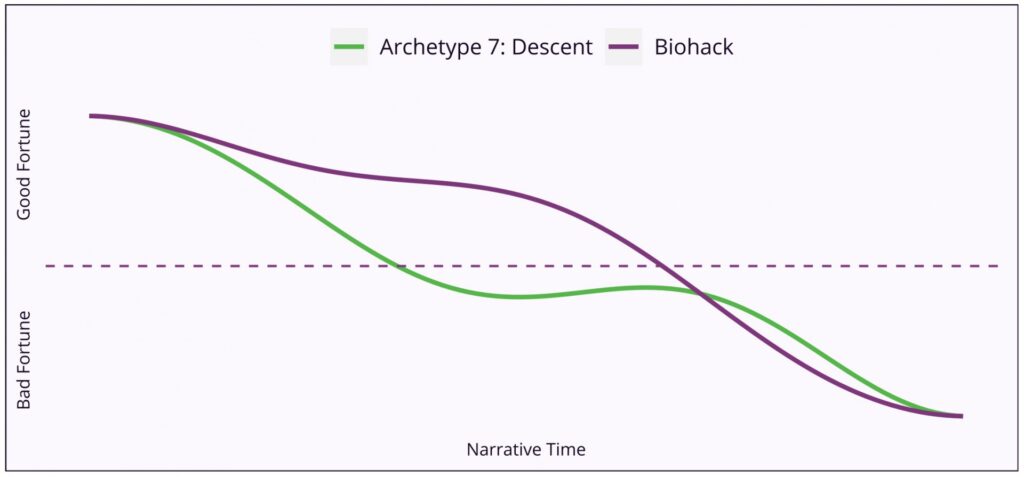
Narrative beats

Primary emotions color wheel
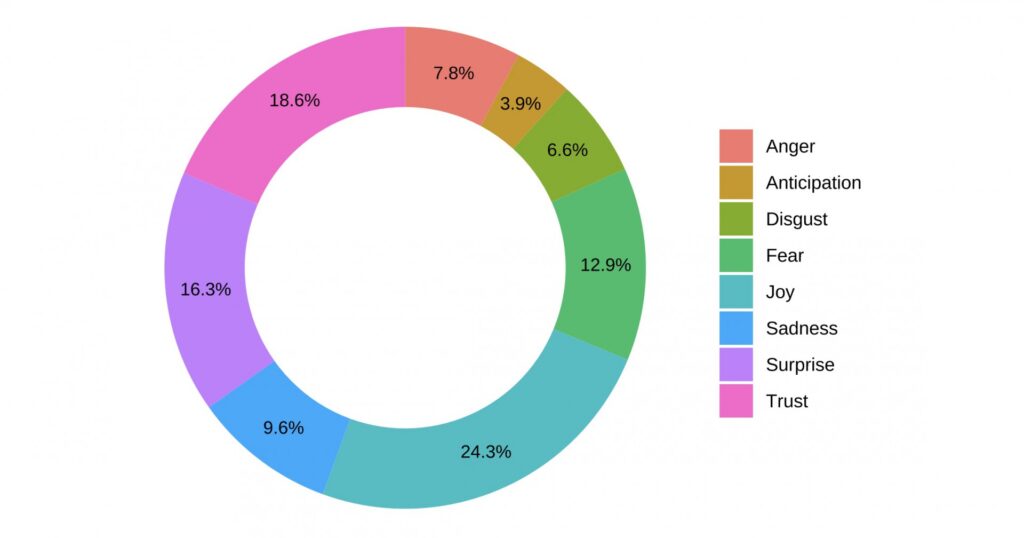
Author comps
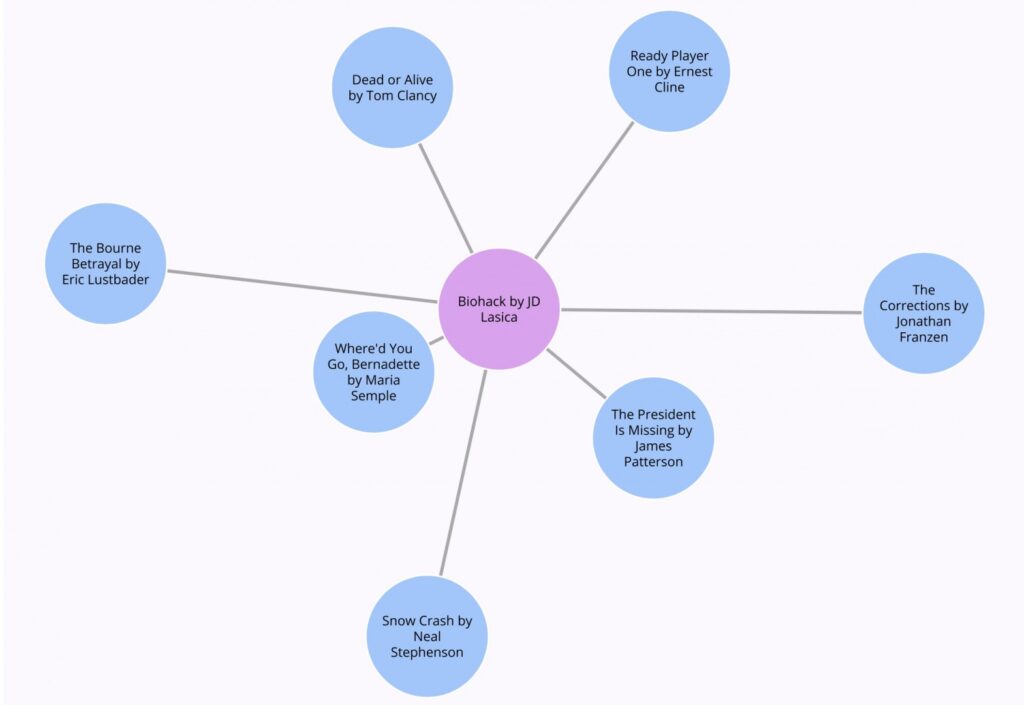
Offer to ALLi members
If you’d like to explore this new frontier yourself, we’ve set up two special coupon codes for ALLi members: To run a free Marlowe Pro report, enter ALLiFREE at checkout. To run more than one report, use ALLi20 to get 20% off. There’s also a free Marlowe Basic version.
AI for Authors: Resources
Blog Posts & Podcasts
Joanna Penn: List of AI writing tools (regularly updated). This is a list of growing AI tools that you can use to help you generate a variety of different types of writing from prose, inspiration and prompts for your own prose, poetry, marketing copy and more. See also: 9 Ways That Artificial Intelligence (AI) Will Disrupt Authors And The Publishing Industry and Joanna's interviews with authors using AI tools:
Orna Ross & Joanna Penn: AskALLi Advanced Salon: Artificial Intelligence and the Indie Author Orna Ross interviews Joanna Penn about recent AI developments
Monica Dube: How Can Writers and Publishers Utilize Artificial Intelligence Blog post from PublishDrive
Holly Payne: AI and Book Discovery: SelfPubCon (Self Publishing Advice Conference) session where Holly Payne introduces AI as a book discovery and author comparison tool.
Books
Chase, Calum. The Economic Singularity: Artificial intelligence and the Death of Capitalism
Argues that Universal Basic Income is only part of the solution to how we'll manage a world where AI and other tools do most of the work. We are probably going to need an entirely new economic system. You may not agree with everything in this book but you will certainly be given food for thought.
Davenport, Thomas and and Kirby, Julia. Only Humans Need Apply: Winners and Losers in the Age of Smart Machines
The authors reframe the conversation about automation, arguing that the future of increased productivity and business success isn't either human or machine. It's both. The key is augmentation, utilizing technology to help humans work better, smarter, and faster.
Google: The People + AI Guidebook
Tools methods and best practice guidelines for those developing AI products in a human-centered way. Originally launched in 2019, now updated with new insights, offering a set of methods, best practices, and examples for designing with AI.
Lee, Kai-Fu: AI Superpowers
Taiwan-born Kai-Fu Lee believes China will be the next tech-innovation superpower and in his new (and first) book, AI Superpowers: China, Silicon Valley, and the New World Order, he explains why.
How authors and publishers can embrace the opportunities and engage in conversations around AI in ways that positively direct the reinvention of our industry. Clear, practical and eye-opening. The must-read book for authors and publishers.
Tegmark, Max. Life 3.0: Being Human in the Age of Artificial Intelligence
A rich and visionary exploration of whether AI will machines eventually outsmart humans and replace us altogether or help life on earth flourish as never before.

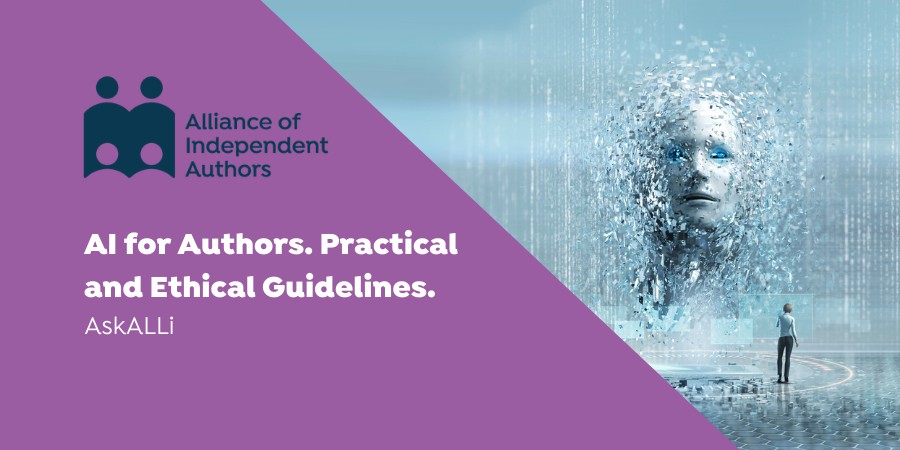
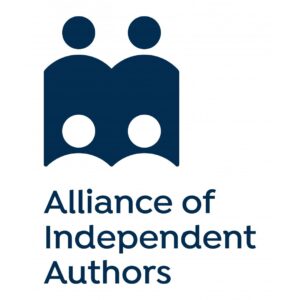
 Orna Ross and Sudowrite for writing
Orna Ross and Sudowrite for writing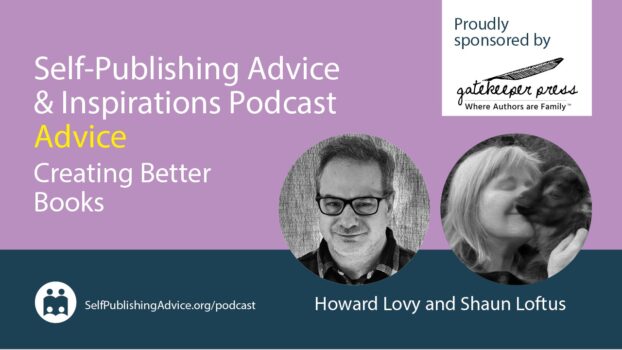
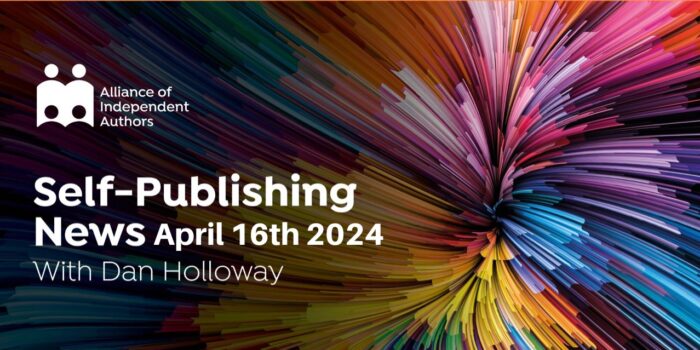
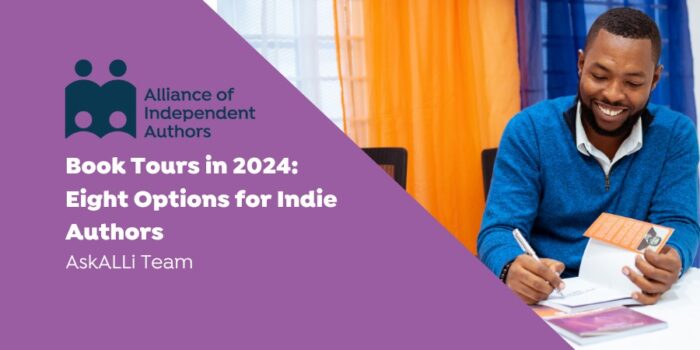
Great article! It provides a comprehensive overview of the practical and ethical considerations surrounding AI for authors. The insights shared by industry experts like Joanna Penn and Laurence O’Bryan are invaluable in navigating this rapidly evolving landscape. As someone interested in leveraging AI tools for writing, I appreciate the guidance offered here.
This comprehensive guide from the Alliance of Independent Authors offers invaluable insights into navigating the realm of AI for authors. With practical and ethical guidelines, it sheds light on the potential of AI tools in enhancing our creative process while addressing important questions and concerns. As aspiring writers, it’s essential to embrace these advancements with cautious optimism and continue honing our craft in this evolving landscape.
This article has been really useful. I value your generosity in making it available to me and the public at large.
I had a sad chuckle reading another AI is not that bad article, as authors and artists are not only being out gunned by AI hacks, but out right replaced. I doesn’t matter how Ethical I am as a writer and artist, the bad guys along with the public just don’t care. As a writer I am trying to protect my work with an old fashioned bicycle lock, while the internet hacks are using dynamite.
They are not wasting time disusing the ins and outs of AI. They are using every hack that is possible and adapting 10 times faster than the “good guys”.
I gave up years ago any idea of making a living as a writer. For me creating something, and seeing it in print is the joy in life. If by some odd chance I make a few bucks, that’s OK.
If anything I do does get noticed, a much smarter and quicker internet geek will figure out how to get that money before I do anyway.
Like all things “human” the best advice you can give the self published author/illustrator is the facts on just how bad AI is and how to deal with it. Give them the real stats on creative jobs lost, works copy or stolen, images gone, etc. Give them real tools to deal with the collapse of the intellectual market that is coming.
This artical very helpful for me. such a great information. Thanks you
Very Nice Website, I really Appreciate your contents, this is very meaning for me
I’ve been using ProWritingAid to assist in grammar for several years and came across Joanna Penn’s video about Sudowrite by chance. After watching the video, then reading this article I was reminded of Betty Crocker and I’ll quote part of the PBS article I searched out for this response:
“Before Betty Crocker was synonymous with boxed cake mix and canned frosting, she was a ‘kitchen confidante,’ a maternal and guiding presence in kitchens across America. She was the ‘Dear Abby’ of cooking, a woman people could trust with their most frustrating kitchen woes. She had answers to the questions that plagued so many home cooks’ questions like, ‘Why won’t my cake rise?’ or ‘Do you have a great recipe for blueberry pie?’ or ‘How can I make my pancakes fluffy?’ Betty was there to answer all of these questions and more. She encouraged women to get in the kitchen and try something new. Home cooks could take comfort in the fact that when problems arose, Betty would be there to help them along the way.”
Betty Crocker could be considered the ancestor of modern AI writing systems even if “she” had a team of people writing in her name. Also, “she” was a brand name used. I would say that in context of the use of Betty Crocker that as long as the AI content is presented under another pen name (to separate it from the normal creative workflow of the human author) and then the other pen name is presented as a “brand” aka your own Betty Crocker where the AI content replaces the “Betty was there to answer all these questions and more” going on at the company where they created her character that it would meet the ethical part of the criteria.
I’d say that even the name generator inside the Scrivener software in some ways is AI. Also, using a fictional name as a pen name creates a Betty Crocker type of character for the author. That person might be a school teacher, write wholesome romance under her real name and erotica in this other pen name. Because she’s a school teacher she wouldn’t tell “I also write erotica as such and such.” So the situation of people creating pen names for marketing purposes, such as generating an external (passive/don’t do much advertising for this group of books) income to pay for the costs of their regular set of publications. (ahum, Joanna Penn kept her romance pen name private for a time as an example).
So my view would be to create AI-generated work, then rewrite it extensively, edit, run through plagiarism tool and if anything is flagged do more rewrites. Then publish under a “Betty Crocker-style” pen name and list this pen name as an asset owned by your publishing company and the content written as a “marketing publication” (for a lack of a better name). I’d assume that such works then are owned by the publishing company you might own and NOT by the author themselves.
Another way to look at this is to consider it something like an artificial ghostwriter.
In terms of using this technology. I had a look at Sudowrite because of Joanna’s video, and when I’d use it I’d treat the generated text like first draft. That is… something in need of my distinct voice, my style of writing, my feelings and the input of how I add the five senses into a story. I would likely rewrite the entirety of the text to how I want my stories to sound in the end. But in the end it would end up with Betty Crocker type of pen names and only be there to generate an income that I can use to market and advertise the real author behind the company.
Very good article. I’d want to thank you for taking the time and effort to write such an intriguing and instructive essay.